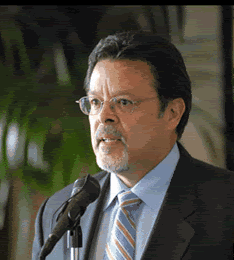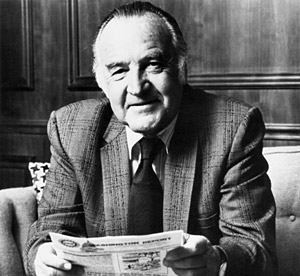Black, Latino voters helped Prop. 8 pass
Tony Castro
Staff Writer - Los Angeles Daily News
November 5, 2008
Latino and black voters whose record turnout helped carry Barack Obama to the presidency proved to be a double-edged sword for liberals in California, where the two groups were credited for the narrow victory of the gay marriage ban.
"Religion trumps politics," said pollster Mark DiCamillo of the Field Research Corp., who said exit polling data show that African-Americans and Latinos abandoned their traditional liberal Democratic coalition to support Proposition 8.
Seven out of 10 African- American voters and more than half of Latinos backed Proposition 8, according to Edison Media Research and Mitofsky International, which conducted the exit polling used by the National Election Pool.
The measure, which constitutionally bans same-sex marriages, was approved by about 52 percent of California voters in Tuesday's election.
Ironically, the record turnout of African-Americans and Latinos helped push Obama to victory in such states as Florida, Colorado, Nevada and New Mexico. Obama opposed Proposition 8, but not very strongly.
"Traditionally the liberal Democratic coalition consists of African-Americans and Latinos, and you see it in all of the initiatives locally ... all of those it passed with two-thirds (vote) requirement," said Fernando Guerra, director of the Center for the Study of Los Angeles at Loyola Marymount University.
The outcome was feared by many opponents of Proposition 8, as polls showed the no votes'
commanding lead was quickly evaporating ahead of the vote.
"The fear of those who were against Proposition 8 that this could be the scenario turned out to come true," said Jaime Regalado, executive director of the Edmund G. "Pat" Brown Institute of Public Affairs at California State University, Los Angeles.
Proposition 8 overturns a May California Supreme Court decision legalizing gay nuptials and rewrites the state constitution to define marriage as a union between a man and a woman.


